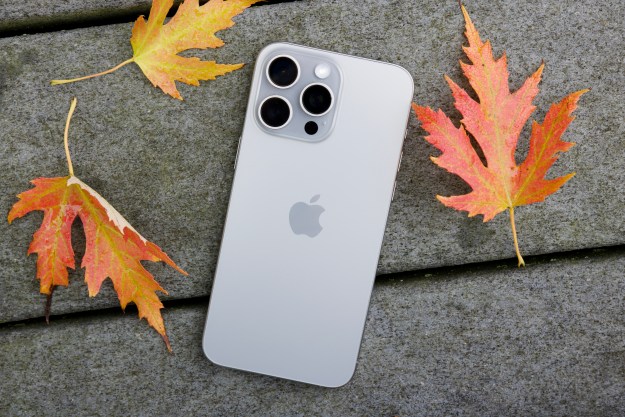The Google Pixel 6 and Google Pixel 6 Pro are coming in the fall, and they will both use Google’s first custom processor called the Tensor. Although the phones have not been fully revealed yet, Google has previewed the phones and given a hint of what we should expect from the design and the all-important camera. However, if you’re looking for something on the Google Pixel Fold, unfortunately, there’s silence on that for now.

What’s the Google Tensor? Google says the custom processor is designed to better manage the use of artificial intelligence (A.I.) and machine learning — two Google strengths — on the phones and to help bring new features to them. Most excitingly, the Tensor has been specially customized for Google’s computational photography technology that has made Pixel cameras such winners in the past.
Google’s not going into detail about what exactly Tensor will enable outside the camera, but it does say it will work with the Titan M2 security chip to make it highly secure and bring new more personal experiences to the voice recognition system. Google Assistant has always featured prominently in Pixel phones, and it looks like the Tensor chip will boost its ability even further, with Tensor chip improving voice commands, captioning, translation, and dictation.
What about the hardware? The Pixel 6 and Pixel 6 Pro will be made of aluminum, with a matte aluminum finish for the standard Pixel 6, and a polished frame for the Pixel 6 Pro. Each model will come in three different colors, and the new hardware design will apparently match the “Material You” design of Android 12, bringing the hardware and software together for a more cohesive product that feels natural to use.

The cameras will be upgraded with Google hinting at considerably larger sensors than before, which has meant redesigning the camera module on the body. According to a Twitter post from the @MadebyGoogle account, the Pixel 6 Pro will have three cameras, and one will be a telephoto providing a 4x optical zoom. The Pixel 6 won’t have the telephoto camera though. Both will have a selfie camera set in a top-center hole-punch in the screen. Want a way to differentiate the phones in the official photos? The Pixel 6 Pro has more body above the camera module than the standard Pixel 6.
This tantalizing preview of the Pixel 6 and Pixel 6 Pro leaves us excited to learn more. It’s shaping up to be the most innovative Pixel phone yet, and the promise of an even further improved camera means it can’t come soon enough. However, Google isn’t saying when it will share the finer details, only that the new Pixel phones will launch in the fall. The Pixel 5 made its debut on October 15, 2020, so it’s reasonable to expect the Pixel 6 phones will come around the same time this year.
Editors' Recommendations
- 5 smartwatches you should buy instead of the Google Pixel Watch 2
- The first Google Pixel 9 Pro hands-on photos are here
- This Google Pixel 8a leak just spoiled everything about the phone
- Have one of these Google Pixel phones? You’re getting Circle to Search
- Google Pixel 9: news, rumored price, release date, and more



